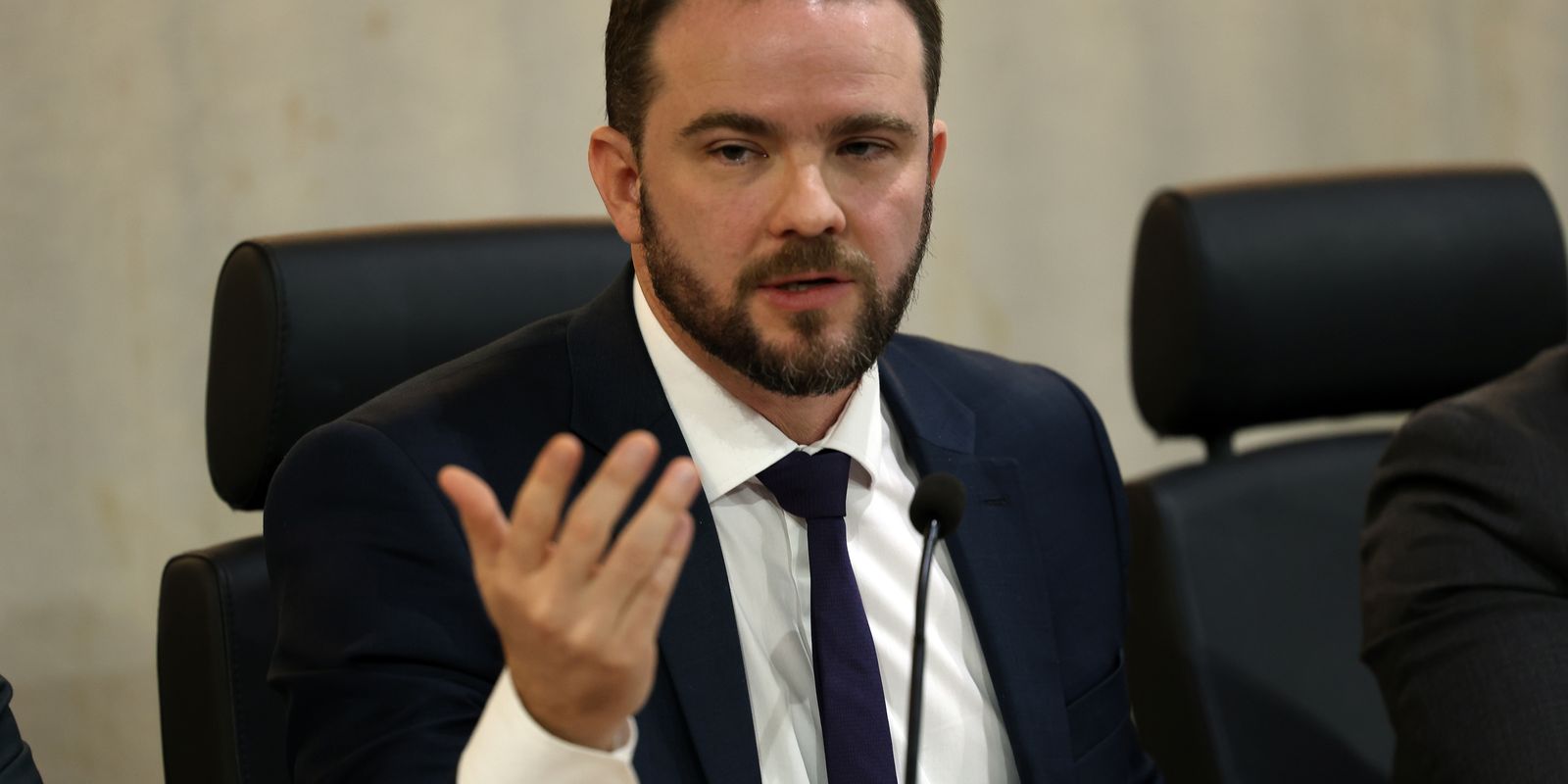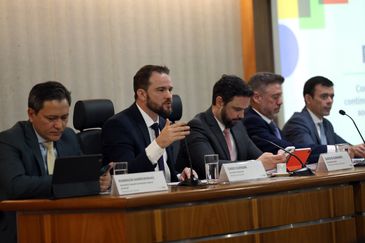The 2025 Budget bill will seek R$166.2 billion in extra revenue to meet the target of zeroing the primary deficit next year. Most of the resources will come from special programs to renegotiate corporate debts (R$30 billion) and from the resumption of the government’s tie-breaking vote in the Administrative Council for Tax Appeals (Carf), a Revenue agency that administratively judges debts of large taxpayers (R$28.5 billion).
Sent to the National Congress on Friday night (30), the project is being detailed in a press conference on Monday (2). As some measures depend on votes in Congress and negotiations to extend the payroll tax relief, the government may send additional measures if there is revenue frustration.
On the expenditure side, the government intends to reduce mandatory expenses by around R$26 billion. review plan was announced last week by the Ministries of Finance and Planning.
According to the executive secretary of the Ministry of Finance, Dario Durigan, the 2025 Budget is in line with that of recent years, with the government seeking to correct tax distortions that favor the richest and impact revenue collection.
“The Budget is not an outlier. If we started last year with a consistent strategy, we have been repeating this strategy, the importance of fiscal balance for Brazilian citizens. We started doing this last year, charging those who do not pay. The 2025 Budget cannot deviate from this line,” he declared.
The secretary highlights that another factor that will contribute to the increase in revenues next year are the measures approved in 2023, which are having an effect in the medium term.
“We have seen growth in real revenue [acima da inflação] 9% above all federal expenses. When the country grows 2.9%, this year 2.5%, a little more, we see revenue growing 9%. If we look at the nominal variation, the growth is almost 15%. The result of an effort made last year by Brazilian institutions, both the federal government, Congress and the Judiciary”, he commented.
Payroll tax relief
Regarding payroll tax relief, the budget proposal foresees an increase of R$26 billion next year, considering that Congress will not be able to approve the bill that compensates the incentive for 17 sectors of the economy and for small municipalities in time. If the agreement reached with the Supreme Federal Court is successful and the bill is approved by September 11, the budget will reduce the revenue to R$18 billion, because in this case the payroll will be gradually re-taxed until 2027.
If the agreement is approved, the R$8 billion difference in revenue, Durigan said, will come from projects to be sent to Congress that will establish taxation for large technology companies and social networks (big techs) and the 15% tax on multinationals advocated by the Organization for Economic Cooperation and Development (OECD). Last week, the secretary had announced that he intended to send the project still in the second semester.
Other alternative measures, in case of frustration in the negotiations, are the continuation of the spending review agenda, the adjustment in the pace of budget execution to meet the zero primary deficit target and the “pooling” of resources – funds with authorized earmarks, but which cannot be spent or reallocated, such as mandatory amendments.
CSLL and JCP
Last Friday (30), the government sent to Congress a bill that increases the Social Contribution on Net Income (CSLL) by one percentage point for most companies and by two percentage points for financial institutions. The proposal also provides for an increase, from 15% to 20%, of the Income Tax charged on Interest on Equity (JCP), a form of profit distribution through which the shareholder is taxed.
The proposal aims to increase revenue by R$17.9 billion next year. Of this total, R$14.9 billion will come from CSLL and R$3 billion from Income Tax on JCP. Regarding recent statements by the Speaker of the Chamber of Deputies, Arthur Lira, that the project is unlikely to be approved, Durigan said that the government and Congress could develop alternatives.
“President Lira [Arthur Lira, presidente da Câmra dos Deputados]to be fair, is one of the major partners in the country’s economic agenda. Thanks to him, the tax reform was processed in the National Congress with priority. Last year, all of our proposals that we presented were treated in a very responsible manner. President Lira is a partner and will certainly understand the numbers and projections and help us with alternatives”, he declared.
Revenues
• New dispute resolution program: R$30 billion
• Government’s tie-breaking vote in Carf: R$28.5 billion (reduction)
• Control over the use of tax benefits: R$20 billion
• End of payroll tax relief, if there is no agreement: R$26 billion
• Linear increase in CSLL: R$ 14.9 billion
• Change in Income Tax withholding on JCP: R$ 3 billion
• Grants from the Ministry of Transport: R$ 10 billion
• Dividends from state-owned companies: R$33.8 billion
• Total: R$ 166.2 billion
Spending review:
• Continuous Benefit Payment: R$ 6.4 billion
• Review of INSS spending: R$ 7.3 billion
• Proagro: R$3.7 billion
• Review of disability benefits: R$3.2 billion
• Family Allowance: R$2.3 billion
• Personnel expenses: R$ 2 billion
• Defeso insurance: R$ 1.1 billion
• Total: R$25.9 billion
Additional measures in case of revenue shortfall
• Taxation of large technology and social media companies (big tech)
• 15% global taxation on multinationals (OECD Pillar 2)
• Continuation of the spending review
• Blockages and contingencies, if necessary
• Budget execution pace to meet zero deficit target
• Pooling of authorized funds that cannot be spent (around R$20 billion)


















